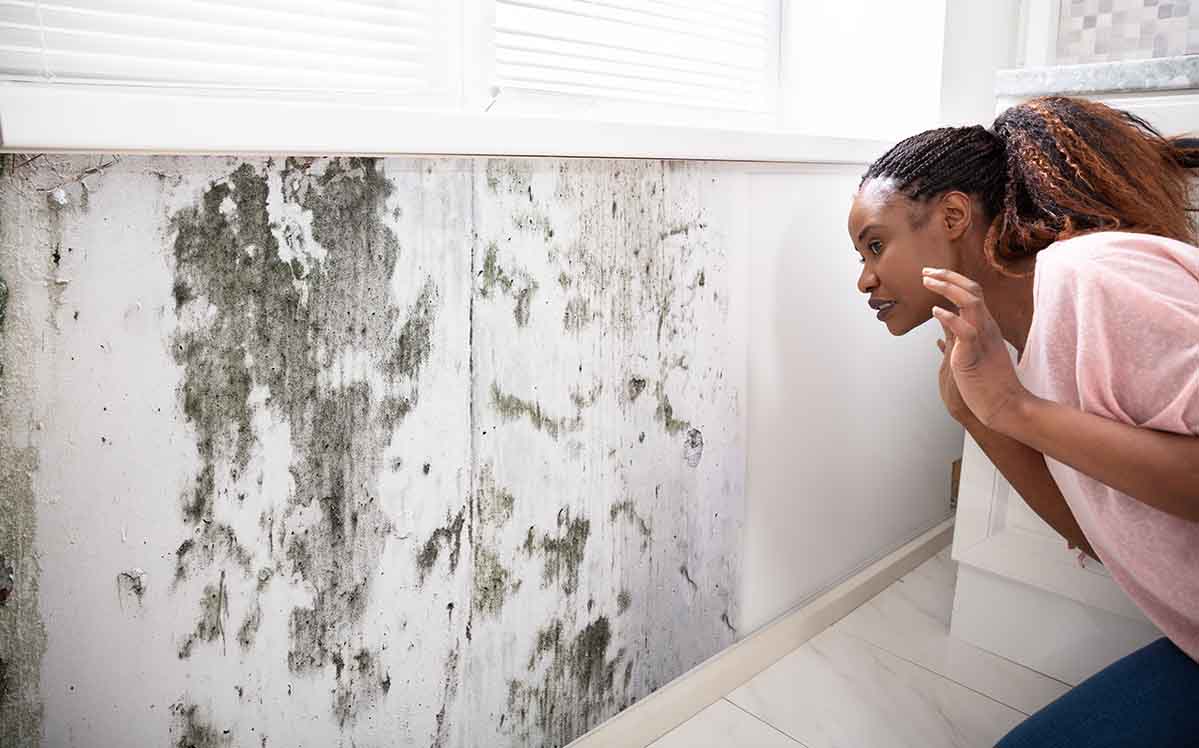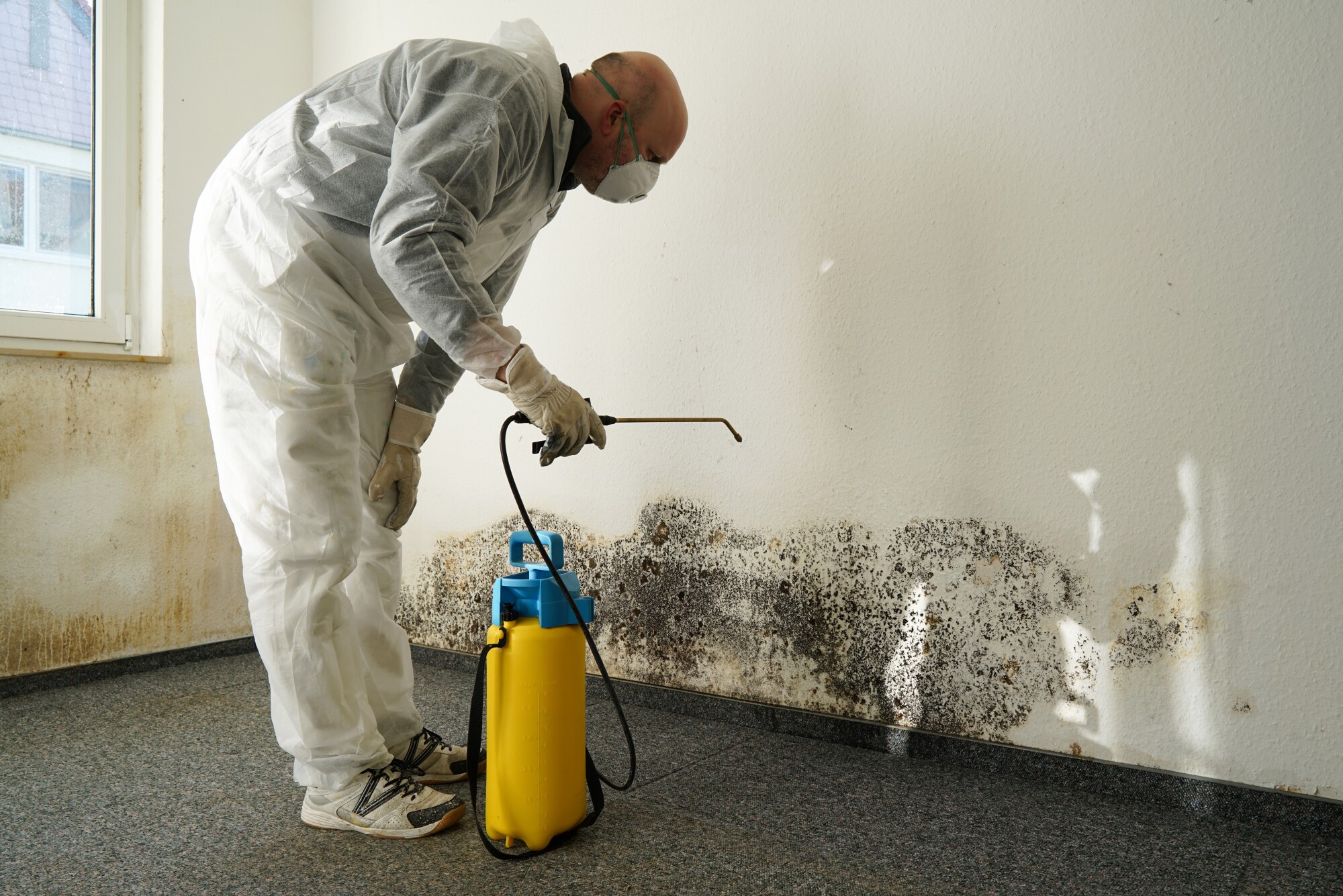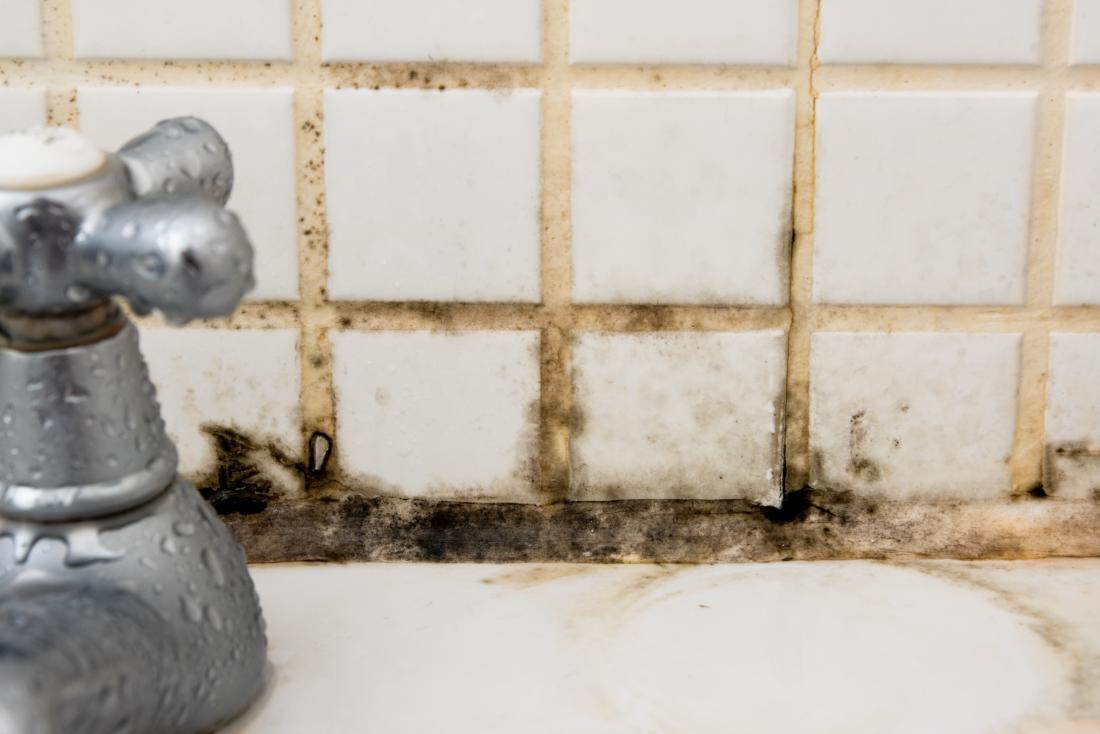Mold allergies can be a common yet often overlooked health issue for many individuals. The symptoms of mold allergies can range from mild to severe, including coughing, sneezing, itchy eyes, and even difficulty breathing.
These reactions occur when the immune system overreacts to mold spores in the air. Mold allergies can be caused by exposure to various types of mold, such as black mold, green mold, or white mold, commonly found in damp and dark environments.
Understanding the symptoms, causes, and treatments for mold allergies is essential for managing this condition effectively and improving overall quality of life.
Understanding Mold Allergies: What You Need to Know
Mold allergies can have a significant impact on an individuals health and well-being, yet many people may not fully understand the complexities of this type of allergy. Mold spores are present everywhere in our environment, both indoors and outdoors, making it difficult to avoid exposure.

For those with mold allergies, inhaling these spores can trigger symptoms such as sneezing, coughing, itchy eyes, and a runny nose. In more severe cases, mold allergies can exacerbate asthma symptoms or lead to respiratory issues.
Understanding the causes of mold allergies, such as poor indoor air quality or water damage in the home, is essential for managing and treating this condition. By implementing proper preventative measures and seeking appropriate medical treatment, individuals with mold allergies can minimize their symptoms and improve their quality of life.
Recognizing Symptoms of Mold Allergies
Recognizing symptoms of mold allergies is crucial in order to seek proper treatment and relief. Symptoms can vary from person to person, but common signs of mold allergies include sneezing, coughing, nasal congestion, watery eyes, and itching of the eyes, nose, or throat.

In more severe cases, mold allergies can also trigger asthma symptoms such as wheezing, chest tightness, and shortness of breath.
It is important to pay attention to these symptoms and seek medical advice if you suspect that mold may be causing allergic reactions. Proper diagnosis and treatment can help alleviate discomfort and improve overall quality of life for those affected by mold allergies.
Common Causes of Mold Allergies
Mold allergies can be triggered by a variety of common causes, making it important to be aware of potential sources of exposure. One major cause of mold allergies is indoor mold growth, which can occur in damp or humid environments such as basements, bathrooms, and kitchens.

Additionally, outdoor molds can be brought indoors on clothing, shoes, or pets, leading to allergic reactions in susceptible individuals.
Poor ventilation and limited air circulation can also contribute to the growth of mold spores in indoor spaces. It is important to address these common causes in order to reduce the risk of mold allergies and their associated symptoms.
Conclusion
In conclusion, mold allergies can significantly impact individuals quality of life, resulting in various symptoms such as sneezing, coughing, and skin rashes. It is essential for those who suspect they may have a mold allergy to seek proper diagnosis and treatment promptly.
Understanding the causes of mold allergies, such as exposure to mold spores in damp and humid environments, can help individuals take preventive measures to reduce their risk.
Various treatment options are available, including medications and allergy shots, to help manage symptoms effectively. Additionally, conducting a mold assessment in the home or workplace can identify and address any mold issues that may be contributing to allergic reactions.
By staying informed and proactive, individuals can better cope with mold allergies and improve their overall well-being.




